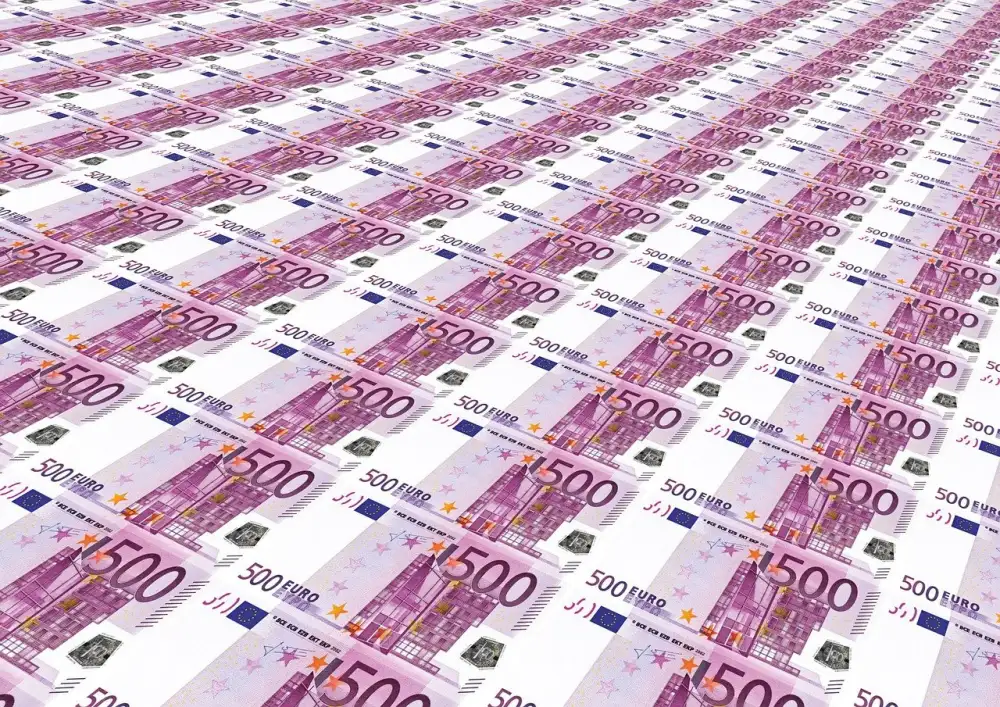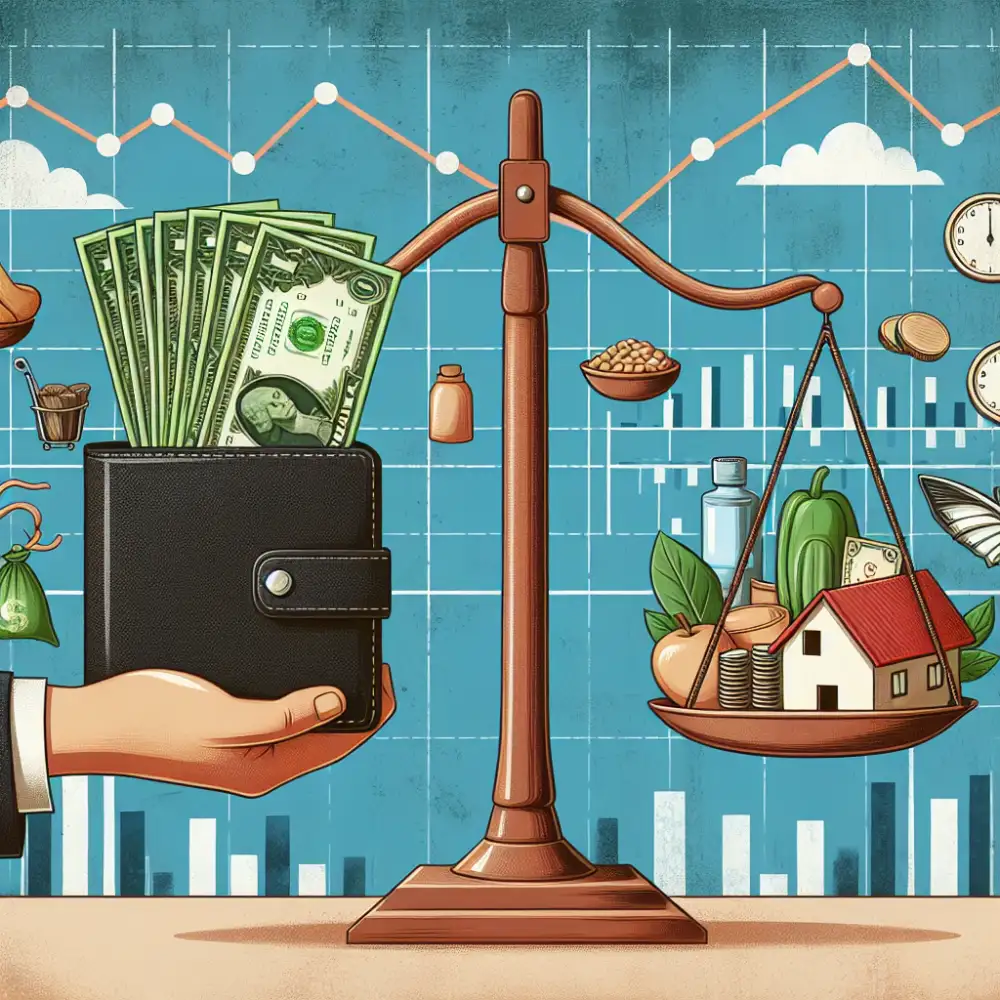Is It Really Money's Worth? Find Out Now!

Defining Money's Worth
Money's worth is subjective and varies wildly depending on individual circumstances and broader economic conditions. What $100 buys today is vastly different from what it bought a decade ago, highlighting the fluctuating nature of purchasing power. Inflation, deflation, and market forces all play a role in shaping the value we assign to money. Ultimately, money's worth boils down to its utility – what goods, services, or experiences we can acquire in exchange. Understanding this dynamic relationship between money, value, and our own needs and desires is crucial for making sound financial decisions.
Assessing Value in Purchases
Making smart purchases goes beyond grabbing the cheapest option. It's about understanding the value something brings to your life. Start by asking yourself a few key questions: Do you really need it, or is it just a fleeting want? How long will this item last, and does its quality match its price tag? Consider the bigger picture too. Sometimes, spending a bit more upfront on a durable, high-quality item saves you money in the long run. Remember, a bargain isn't always a good deal if it breaks down quickly or doesn't meet your needs. By carefully assessing value, you can make purchases you'll be happy with long-term.
Needs vs. Wants
Understanding the difference between needs and wants is crucial for making smart financial decisions. Needs are the essentials for survival and basic well-being. Think food, clean water, shelter, clothing, healthcare, and transportation. Without these, your health and safety could be at risk. On the other hand, wants are things that enhance your life but aren't necessary for survival. Think vacations, entertainment, designer clothes, and the latest tech gadgets. They bring comfort and joy but aren't fundamental to your well-being. Confusing the two can lead to overspending and financial stress. Prioritizing needs over wants is key to achieving your financial goals.
Cost-Benefit Analysis
A cost-benefit analysis (CBA) is a process used to measure the benefits of a decision or taking action minus the costs associated with that action. A CBA can be used to evaluate the viability of a project or compare different options.
To conduct a CBA, you will need to identify all of the costs and benefits associated with the project or decision. Once you have identified all of the costs and benefits, you will need to quantify them. This can be done by assigning a monetary value to each cost and benefit.
Once you have quantified all of the costs and benefits, you can then calculate the net present value (NPV) of the project or decision. The NPV is the present value of all future cash flows, both positive and negative. If the NPV is positive, then the project or decision is considered to be profitable. If the NPV is negative, then the project or decision is considered to be unprofitable.

CBA is a powerful tool that can be used to make more informed decisions. However, it is important to note that CBA is not a perfect tool. There are a number of limitations to CBA, such as the difficulty of quantifying all costs and benefits. Despite these limitations, CBA can be a valuable tool for decision-making.
Long-Term Value
Investing with a long-term perspective focuses on sustainable growth and value appreciation over time. It involves looking beyond short-term market fluctuations and identifying assets with strong fundamentals and growth potential. Long-term value investing often involves a buy-and-hold strategy, where investors hold their investments for extended periods, allowing compounding to work its magic. This approach requires patience, discipline, and a belief in the ability of quality companies to weather economic cycles and deliver consistent returns. By embracing a long-term mindset, investors can potentially mitigate risks associated with market volatility and position themselves for long-term financial success.
Avoiding Impulse Buys
Impulse buys can seriously damage your budget. To avoid overspending, try these tips: Wait 24 hours before making any unplanned purchases. If you still want it after a day, consider buying it. Unsubscribe from tempting email lists and avoid shopping when emotional. Retail therapy might feel good in the moment, but it often leads to regret. Carry a list and stick to it. Knowing what you need before entering a store helps you avoid impulsive purchases.
The real value of a thing isn't what you can get for it, but what it can do for you.
Eustace Brightman
Research and Comparison
Our team spent weeks diving deep into customer reviews, expert analyses, and technical specs. We compared everything from ease of use and durability to features and, of course, price. It wasn't just about finding the "best" overall, but about identifying the products that truly excelled in specific areas. This way, whether you're on a tight budget or looking for the absolute top-of-the-line, we've got you covered. Our goal? To empower you with the information you need to make a confident, informed decision that perfectly matches your needs and priorities.
Negotiating for Value
Negotiating effectively is about understanding and maximizing the value you bring to the table, not just about getting the lowest price. Before entering any negotiation, thoroughly research your counterpart's needs and pain points. What are their priorities, and how can your product or service address them? By demonstrating a clear understanding of their perspective, you build trust and credibility. Focus on the value proposition you offer. Instead of solely discussing price, highlight the benefits, solutions, and long-term advantages you provide. Quantify your impact whenever possible, using data and metrics to showcase your worth. Remember, a successful negotiation results in a mutually beneficial agreement. Strive for a win-win outcome where both parties feel satisfied with the value they've received.

Published: 11. 06. 2024
Category: finance



